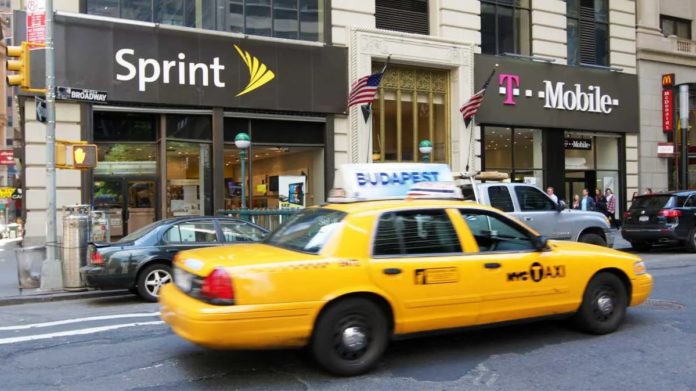
NEW YORK (AP) — A federal judge has approved T-Mobile’s $26.5 billion takeover of Sprint, rejecting objections from a group of states and removing a major obstacle to a shakeup in the wireless industry.
After the deal closes, the number of major U.S. wireless companies would shrink from four to three. T-Mobile says the deal would benefit consumers as it becomes a fiercer competitor to the larger Verizon and AT&T.
But a group of state attorneys general tried to block the deal, arguing that having one fewer phone company would cost Americans billions of dollars in higher cellphone bills.
Judge Victor Marrero’s decision Tuesday to reject the states’ argument comes after the Justice Department already approved the deal. As part of a settlement with the Justice Department, T-Mobile agreed to help create a new, but smaller wireless competitor in satellite-TV company Dish.
Another judge still needs to approve that settlement, a process that is usually straightforward but has taken longer than expected. A utility board in California also has to approve the deal.
T-Mobile launched its bid for Sprint in 2018, after having been rebuffed by Obama-era regulators. T-Mobile CEO John Legere had seen President Donald Trump’s election and his appointed regulators as a good opportunity to try again to combine, according to evidence during the trial.
The deal got the nod from both the Justice Department and the Federal Communications Commission, thanks to an unusual commitment to create a new wireless player in Dish.
The Justice Department only allowed the deal after T-Mobile agreed to sell millions of Sprint’s prepaid customers to Dish, a satellite TV company with a shrinking customer base. T-Mobile also has to rent its network to the fledgling rival while it built its own. Dish is also required to build a faster, next-generation network, known as 5G, over the next several years.
The states had said that Dish wasn’t certain to succeed as a wireless company and was far smaller than Sprint, and the resulting wireless market would still be worse for consumers.
As reported by Vos Iz Neias
